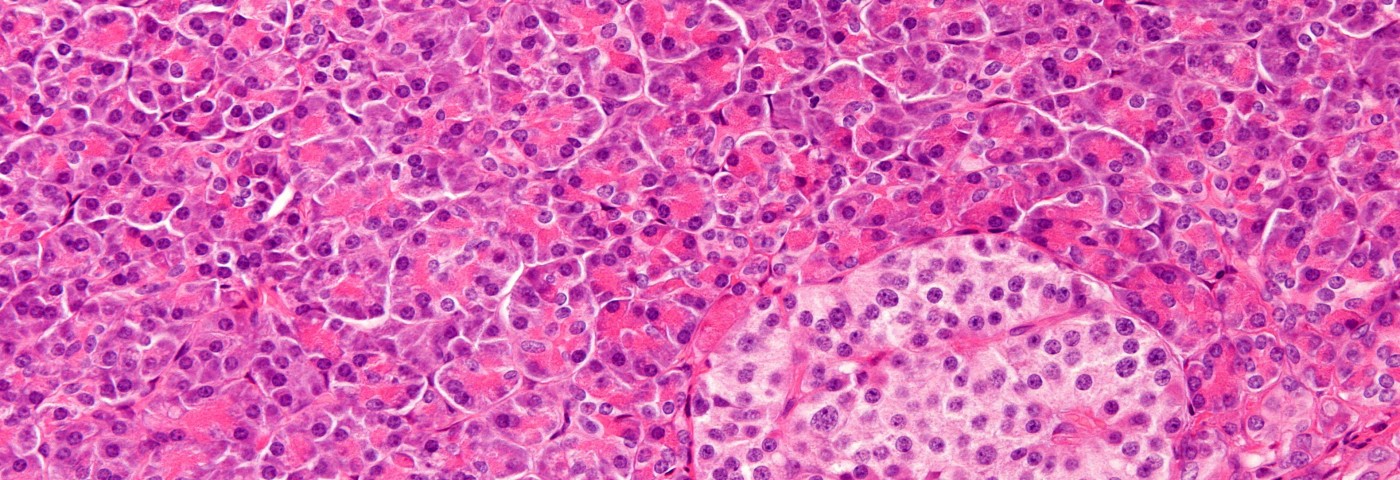Researchers at the Tish Cancer Institute, Icahn School of Medicine at Mount Sinai, have discovered how tumors can survive the effects of radiotherapy. While studying skin tumors, the team discovered that during radiotherapy, skin immune cells — called Langerhans cells — are activated to repair the DNA damage caused by the radiation.
When Langerhans cells were exposed to radiation, they could repair their own DNA. The cells then activated regulatory T cells — an immune cell type designated to dampen the immune response. These regulatory cells protected the damaged tumor from attack by the immune system — eventually also inducing repair of tumor cell DNA.
The team further found a way to get around this problem. Using a mechanism similar to the action of drugs called immune checkpoint inhibitors, the researchers could boost the immune system to attack the tumors. The approach prevented Langerhans cells from repairing their DNA resulting in tumor cell death.
The team believes this process also happens in other parts of the body. While Langerhans cells are specific to skin, researchers believe that the closely related dendritic cells might serve the same function in other organs.
“Our study suggests that this combination approach — combining radiotherapy with drugs that rev up a healthy immune response — will help make radiation therapy much more effective,” Jeremy Price, first author of the study, said in a press release.
Co-author Miriam Merad, Professor of Tumor Immunology at Tisch added, “Similarly, checkpoint-inhibiting drugs have revolutionized the treatment of melanoma and are being investigated in many other cancers. Cancer has the ability to turn off and even evade the body’s natural immune response to tumors — the new immunotherapy drugs take the brakes off the immune system, promoting a powerful and complete immune response to the cancer.”
“This is synergized by the addition of radiation, which can expose the tumor so it can better be targeted by the immune system,” says Dr. Price. “By combining these treatments, the ability of Langerhans cells to use the immune system to protect cancers will be overwhelmed.”


